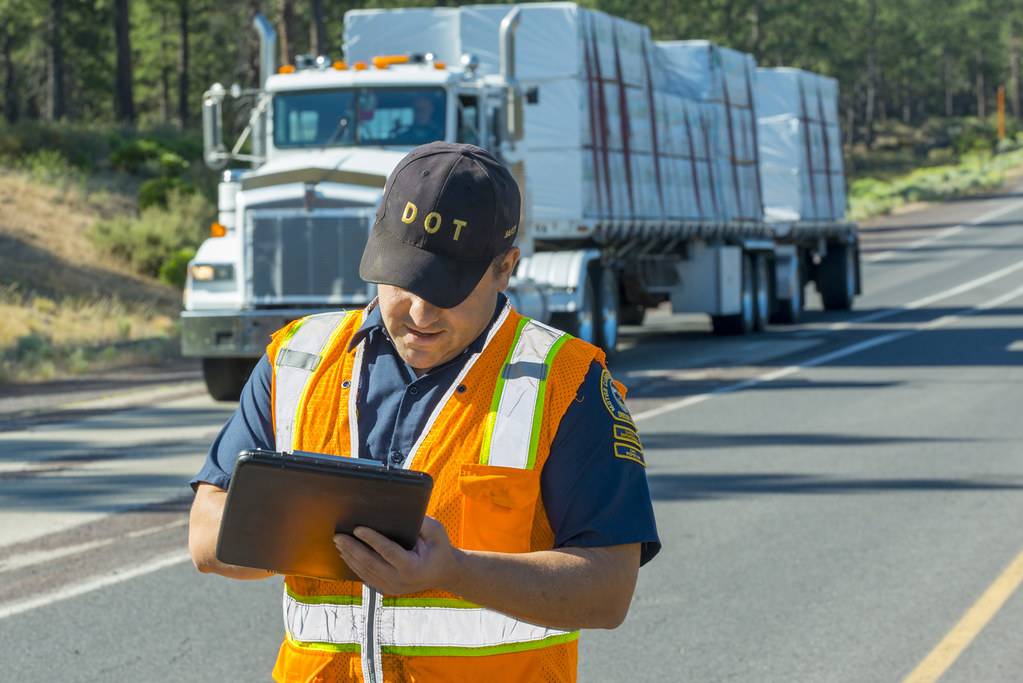Navigating the Specialized Logistics Landscape: Key Considerations
As the logistics industry evolves towards highly specialized trucks and solutions, businesses must navigate this new landscape strategically. Embracing specialization offers numerous benefits, but it also comes with unique challenges and considerations. In this article, we explore some key factors that companies should keep in mind when leveraging specialized solutions.
Assess Your Needs:
Before selecting specialized trucks and logistics partners, it’s crucial to assess your specific needs. Consider the nature of your cargo, delivery timelines, and any regulatory requirements. Understanding your requirements will help you identify the most suitable specialized solutions and avoid unnecessary costs.

Compliance and Regulations:
Specialized transportation often involves compliance with industry-specific regulations. Depending on your cargo type, you may need permits, certifications, or compliance with safety standards. Ensuring compliance is essential to avoid legal issues and delays.
Maintenance and Expertise:
Specialized trucks require maintenance and expertise. Partnering with logistics providers who are experienced in managing and servicing specialized vehicles is crucial to ensure reliability and minimize downtime.
Technology Integration:
The integration of technology is a cornerstone of specialized logistics. Ensure that your chosen logistics partner uses advanced tracking and monitoring systems to provide real-time visibility into your shipments. This technology helps optimize routes, prevent theft, and maintain temperature control for sensitive cargo.
Sustainability and Specialized Logistics:
If sustainability is a priority for your business, consider specialized trucks that offer eco-friendly options. Electric and hybrid vehicles are increasingly available for specialized applications and can contribute to your environmental goals.

Cost-Benefit Analysis:
While specialization can improve efficiency and accuracy, it’s essential to conduct a cost-benefit analysis. Evaluate the upfront and operational costs of specialized solutions against the expected benefits, such as reduced spoilage, faster delivery times, and improved customer satisfaction.
Flexibility and Scalability:
The logistics landscape is dynamic, and your needs may change over time. Choose logistics partners and specialized trucks that offer flexibility and scalability. This ensures that you can adapt to market fluctuations and emerging trends.
Risk Management:
Specialized logistics can come with unique risks, such as equipment breakdowns or delays due to regulatory issues. Develop a robust risk management strategy that includes contingency plans and insurance coverage to mitigate potential disruptions.
Unlocking Efficiency and Sustainability in Logistics with Specialized Solutions
The era of highly specialized trucks offers exciting opportunities for businesses to optimize their supply chain operations. However, success in this landscape requires careful planning, a thorough understanding of your needs, and strategic partnerships with logistics providers who specialize in your industry.
By considering these key factors and making informed decisions, businesses can harness the power of specialization to drive efficiency, sustainability, and competitiveness in the ever-evolving world of logistics.
Learn more about specialized freight.
